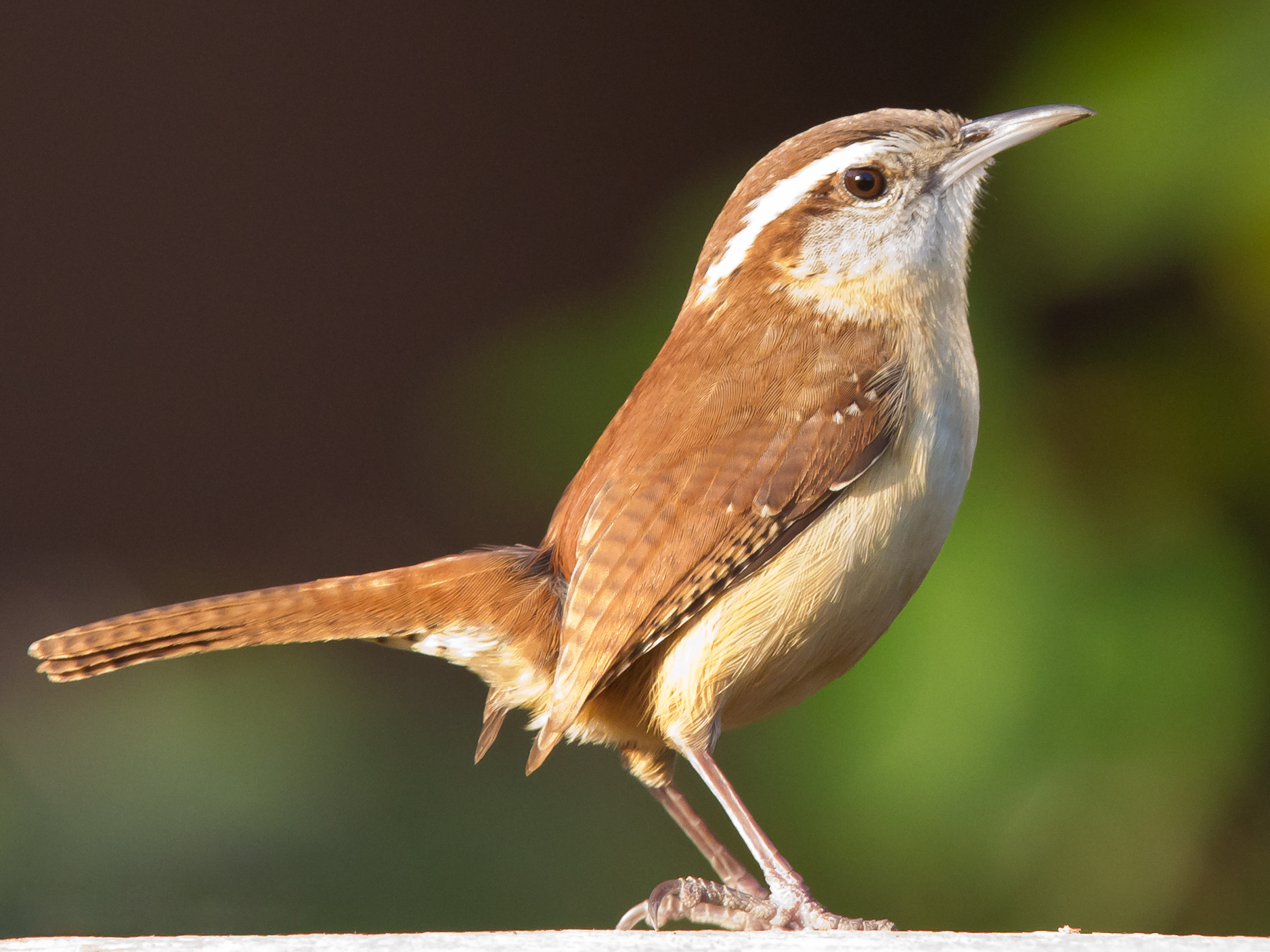 |
Irish Immigrants coming to America |
I am re-visiting Hebrews 13:2 as the United States plunges once again into anti-immigration hysteria in the name of a Christianity that in reality ALWAYS called for inclusion of all marginalized people. After the attacks in Paris last week, and despite the ongoing media denial about attacks in places like Nigeria and Lebanon, the fascists of America are calling for the end of Syrian immigration, the registration of Muslims in the US, and closing Muslim places of worship. This intense fascist exploitation of the tragedies in Paris is typical for the right wing in America - and that is right wing politicians, who continue to harness Christian prejudice despite the fact that Christianity in its roots was not anti-immigrant.
Hebrews 13:2 is a beautiful passage from Jewish Scripture. "Do not neglect to show hospitality to strangers, for thereby some have entertained angels unawares." While keeping Jewish teaching, in Christian Scripture, Jesus came as a new law, calling for people to join together in the name of Christ, not in the name of any one nation or one empire. Governments of the day were astounded and threatened when slaves and masters, Jews and Romans, people of Palestine and people of Greece and people of Egypt gathered together to worship in a new community. If you read my blog at all you know I have posted about Coptic polytheism in early Christian worship, about Paganism in both early Hebrew and early Christian communities, about open communion in Christian worship, about the importance of extending a shared worship to all peoples and from all peoples.
I have also been thinking this week about my many Muslim friends here in the United States. Sasha and Saheim are goddaughter and friend, both born in the US, and both Muslim. Sasha babysat my daughter for years, after I babysat for her years before. Saheim befriended me and my daughter at a convention in his hometown, and continues to show the hospitality of Islam in his every action and gesture of friendship to me and my teen. One of my greatest teachers, Mark, another US citizen, taught Islamic thought in his business classes, encouraging students of every faith to see the connection between business and spirituality. And I have known immigrants, and been the better because of them. Growing up, Noor was a visiting scholar from Egypt, who sat threw many high school classes with me while her parents studied in my hometown University. Later, Ayesha was a family friend, also studying here in the States, whose family embraced me and my children with special needs when many Christian Americans would not.
Islam is part of American life, from my family and friends, to the Rumi poetry I read daily on Facebook, to the Mosque in Pittsburgh that gave out food weekly to the poor. When fascist politicians talk of registering Muslims, they are talking of American citizens, of visiting children and scholars, of refugees and of highly skilled immigrants. I am seeing many, many articles calling on Americans to welcome Syrian immigrants, and to stand against anti-Islamic rhetoric. But I want us to remember that most of already know Muslims, and that the Islamic communities of America are already integral to our lives.
Bridget's Fire has long been a blog about women and religion, from puja and Hindu traditions, to Christian theology, to Jewish and Pagan traditions. I need to be more purposeful in including Muslim feminisms, Muslim spirituality, and the centuries-old traditions of Muslim hospitality and political activism for peace and justice.
But today I am invoking Hebrews. The passage: Do not neglect to show hospitality to strangers has deep roots in Western tradition. Hospitality was central to the Bridget community in Christian Ireland, with open doors to all visitors. Indeed, hospitality to strangers was a sacred value throughout Wales, Scotland and Ireland. Celtic Christianity developed around monasteries, so the Christian believer in early Celtic lands had to travel to learn, to study, to pray. Travelers required a welcome, and hospitality to a stranger became a cornerstone to early Celtic Christian thought.
The blog Godspace: Spirituality, Sustainability, Creativity, offers a wonderful liturgy of Celtic Christian hospitality traditions. They include the following traditional prayer:
We saw a stranger yesterday, we put food in the eating place,
Drink in the drinking place, music in the listening place,
and with the sacred name of the triune God,
He blessed us and our house, our cattle and out dear ones.
As the lark says in her song: Often, often, often goes the Christ in the stranger's guise.
I invite all my readers, of any faith or none, to find ways to act in hospitality as a counter to the fascism surrounding us in the United States. I also invite us to acknowledge and share the importance of our Muslim friends, family and neighbors, of Islamic traditions that shape our lives, of the importance of both American Muslims and immigrants of all faiths in the open table of hospitality that should be America.










